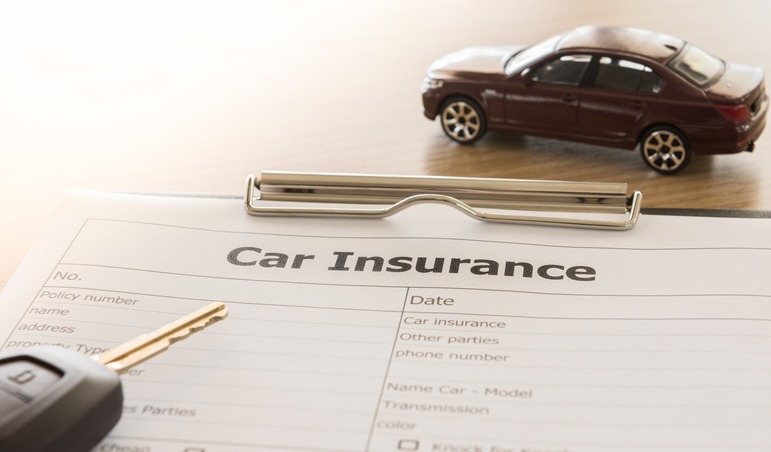Whether you are thinking about purchasing car insurance or you already have it, there are a few essential things you need to know. Having an understanding of these five facts can help you to decide whether you should get insurance or not.
Males pay more for car insurance
Despite decades of insurance data showing that women are safer drivers than men, males pay more for car insurance than women. A study of one million car insurance Newark DE quotes found that males produce 10 percent more than females.
This gap is highest for young male drivers. Insurance companies are concerned about young drivers because they are at a higher risk of being in an accident. Therefore, insurance companies look at a person’s driving record when determining insurance rates. They also look at available discounts.
Men are more likely than women to drive more miles and participate in dangerous driving habits, including speeding and driving while intoxicated, according to the Insurance Institute for Highway Safety. As a result, insurance companies raise rates to compensate for this higher risk.
Rates are higher if you live in a city
Typically, you will pay higher car insurance rates if you live in a city. Again, it is because of the risks that you face. In addition, you will have to pay more to repair your vehicle if it is damaged. This is because the city has more traffic and higher accident rates than rural areas. Also, if you live in a crowded urban area, you have a higher chance of being a victim of theft.
Some factors that affect the cost of car insurance include the type of vehicle, the driver’s age, and the frequency of claims. Aside from those factors, your ZIP code can also affect your rate.
Insurers in California are permitted to consider the risk in areas close to each other. It results in a more accurate estimate of car insurance rates.
Premiums depend on how you use your vehicle
Getting the right car insurance can be a bit of a hassle, but you can make it less of one by making intelligent choices. For example, you can opt for a higher deductible or make sure your policy is never in the red. Aside from the obvious things like paying on time, you can also opt for a vehicle with anti-theft features.
Car insurance companies are also interested in a good driving record, which is why they reward experienced drivers with lower rates until age 55. Consider choosing a hybrid vehicle if you’re a young person. An excellent strategy is to prevent your insurance coverage from expiring.
For the same reason, you should avoid adding new drivers to your policy. Similarly, consider limiting your mileage. The number of miles you drive annually can increase your chances of getting into an accident.
Nonowner liability policy pays for damages and injuries
Purchasing nonowner liability insurance might offer monetary security if you borrow a friend’s automobile. The policy is designed to provide liability coverage for property damage and bodily injury. Depending on your state, the liability limit may be lower than the maximum coverage of the driver’s policy. In addition, the procedure may not cover the cost of lost wages or medical expenses.
The liability insurance policy will help you recover from damages incurred in an at-fault accident. It may also help you recover from injuries caused by a friend who drives your car without permission.
The policy will usually cover medical expenses and property damage incurred in an accident. However, it may not cover the cost of lost wages or physical damage to a rental car.
Credit may impact your insurance rate
Whether you have good or bad credit, your car insurance rates can be affected. Your credit score can also affect your ability to get credit cards and loans.
A credit score is essential because it shows your ability to pay off debts and loans. A higher score means you are less likely to file a claim, which means insurance companies will charge you less. However, a poor score means you are more likely to file a claim, which increases your premium.
The Federal Trade Commission recommends checking your credit annually. Getting a free credit report is one way to determine your score. However, insurance companies only sometimes use your credit score when setting car insurance rates.
Some jurisdictions have regulations that forbid insurance providers from determining your vehicle insurance premiums based on your credit history. Some states also have laws prohibiting insurers from penalizing you for a low credit score.

